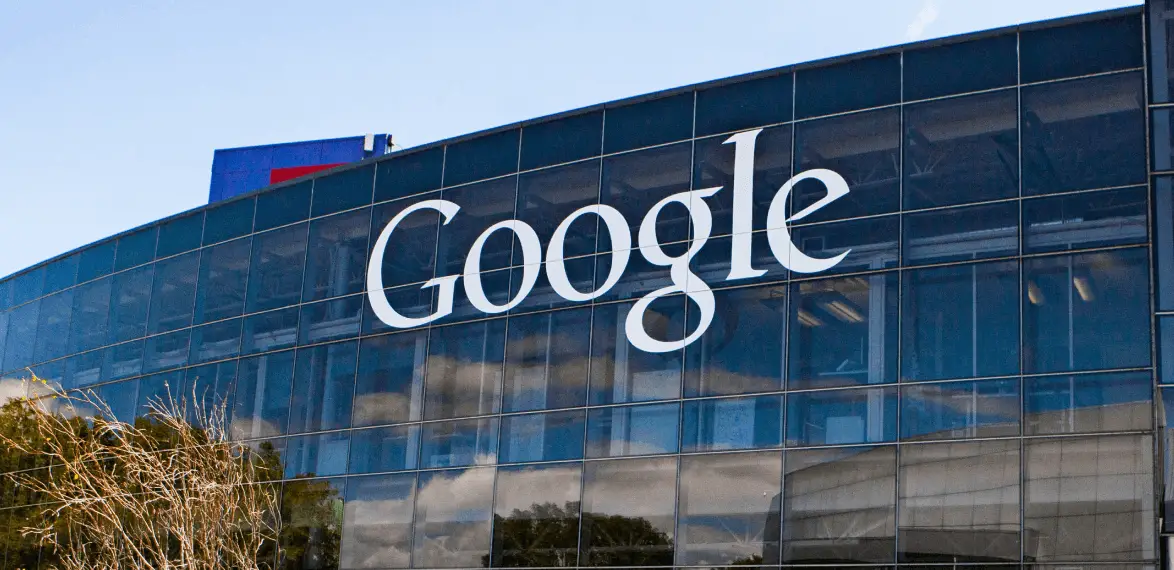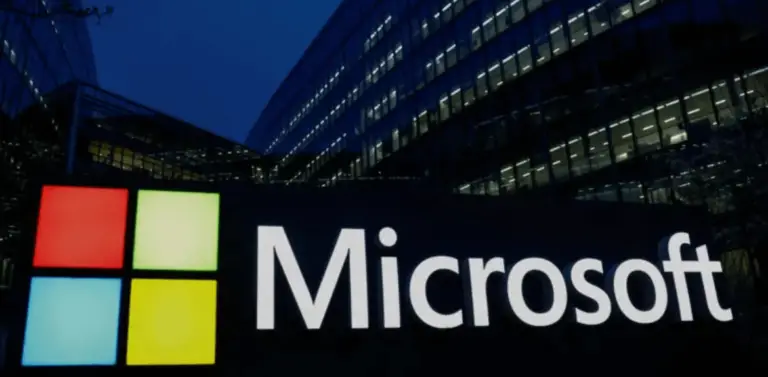
Google Unveils Axion, The Latest ARM-Based Data Center Chip
At present, NVIDIA, Intel, and AMD make most of the processors used in data centres. NVIDIA has a tight grip on Data Centres that use AI models and machine learning algorithms. But it looks like Google wants in on the action.
Google talked about a new version of its artificial intelligence (AI) chips for the data centre and an Arm-based central processor on Tuesday.
Google’s tensor processing units (TPUs) are one of the few good alternatives to Nvidia’s high-tech AI chips, but developers can only use them through Google’s Cloud Platform and not buy them directly.
Google Cloud will offer Axion, an Arm-based central processing unit (CPU). The company said that in the cloud, it works better than x86 chips and general-purpose Arm chips.
VP and GM of compute and machine learning infrastructure at Google Cloud Mark Lohmeyer said, “We’re making it easy for customers to bring their existing workloads to Arm.” “Axion is built on open foundations but customers using Arm anywhere can easily adopt Axion without re-architecting or re-writing their apps.”
This Alphabet company said that the new TPU v5p chip can do twice as much work as the old TPUs and is designed to work in groups of 8,960 chips. Google uses liquid cooling to help make sure the pod works at its best.
Google said that the Axion chip performs 30% better than general-purpose Arm chips and 50% better than the latest generation of x86 chips made by Intel and Advanced Micro Devices.
Axion will be used by the company to power services like its YouTube Ads in Google Cloud “soon.” The TPU v5p can be downloaded by anyone on Tuesday through Google’s cloud.
Microsoft, Amazon and other competing cloud service providers have also made Arm CPUs to make their computing services stand out. Google had already made other chips for YouTube, AI, and its phones, but not a CPU.


